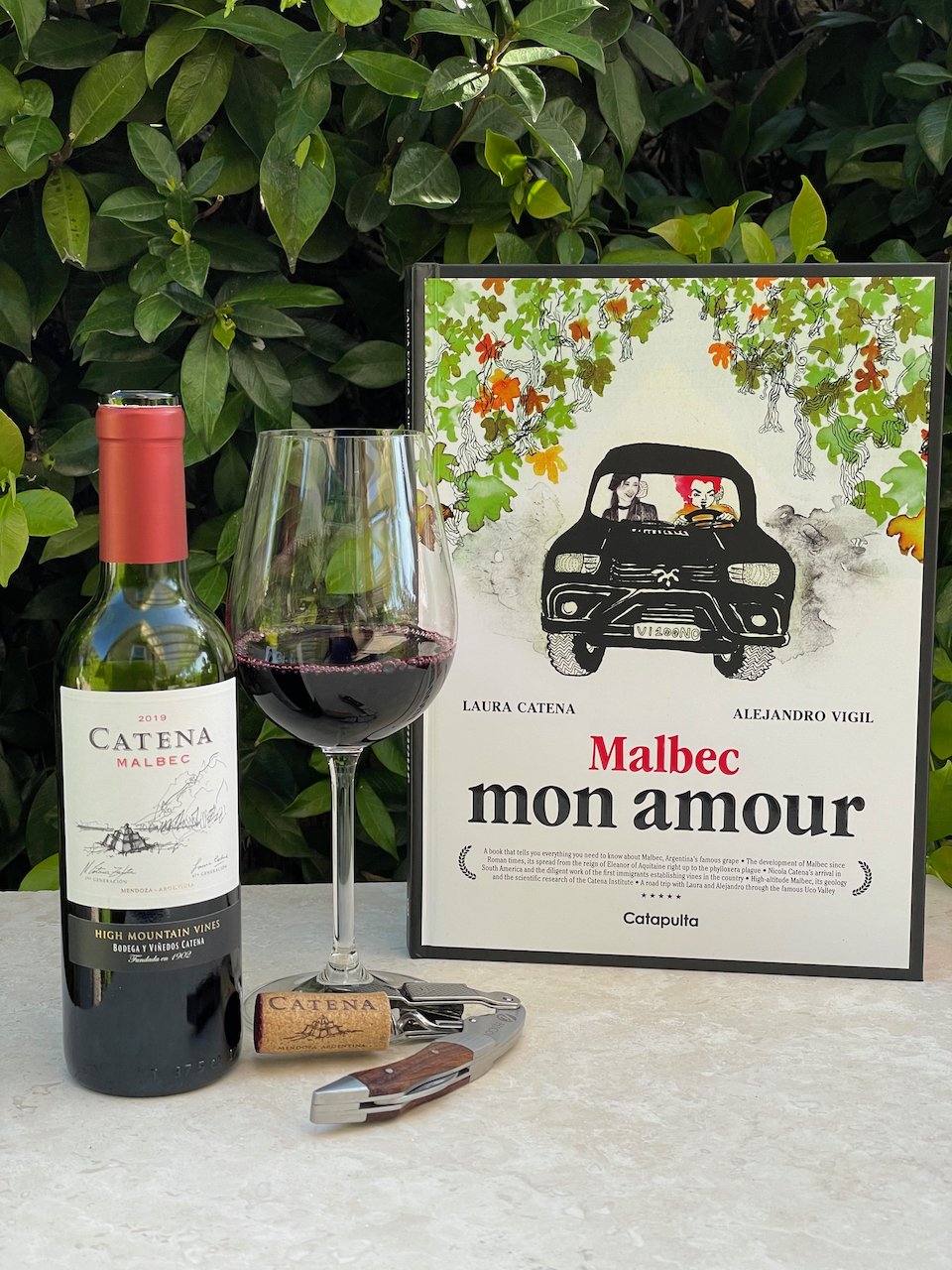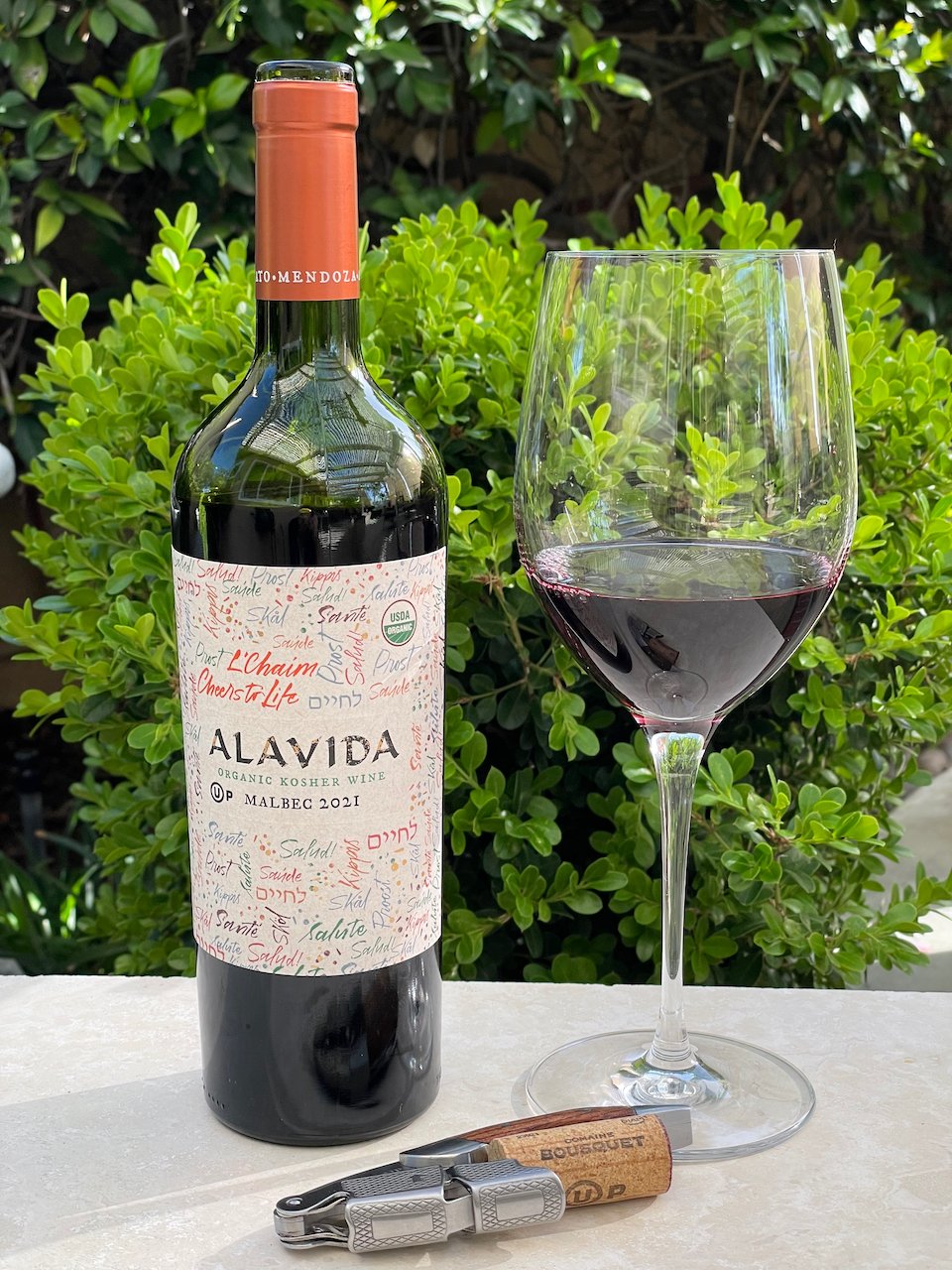I was recently asked about the color of wine. Specifically, why does the color of a red wine vary, especially within the same variety. So, let’s take a look at the factors that affect a red wine’s color.
As the grapes are harvested, they are piled into containers. And, under their own weight, some of the grapes get squeezed to the point of releasing their juice. This is referred to as ‘free-run’ juice. The color of this juice is generally pretty light and transparent, as shown in the photo.
But, the colors of finished and bottled red wines can range from pale pink (rosé wines), to purple (Syrah), to ruby (Cabernet Sauvignon) and to deep garnet (Borolo).
This range of color in red wines comes from the pigment from the skins of grapes. By soaking the grape skins in the juice, the pigment ends up “staining” the juice and producing the various colors. Rosé wine spend very little, if any, time in contact with the grape skins while other wines will spend as much as two weeks in contact with the skins. And, different red varieties (i.e., Gamay vs Cabernet Sauvignon) just naturally produce different levels of pigment.
Thus, deeply opaque red wines simply have more pigment in them. And, it should be noted that wines generally lose pigment as they age. So an older wine will actually have less intensity of color (and likely a bunch of sediment in the bottom of the bottle!).
So, there’s a quick overview of how the colors of red wines differ. Cheers!




